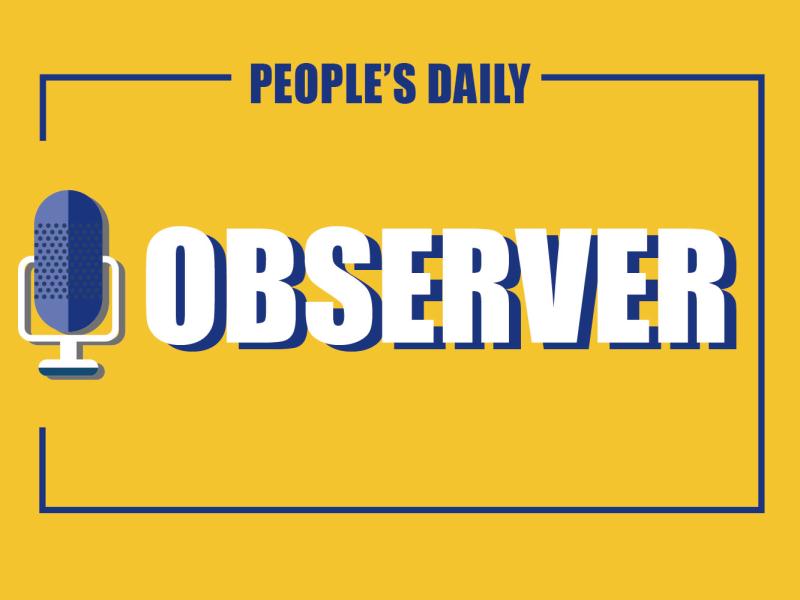
Last week, an internet user said in an article that Meituan, China's leading takeaway platform, has been charging members at least 1 to 5 yuan ($0.15 to $0.76) extra for delivery compared to non-members for the same orders, accusing the company of financially exploiting existing active users.
The widely-circulated article has since sparked heated discussions among internet users. Some netizens claimed they had similar experiences on the food delivery platform and some other online product or service selling sites.
Meituan refutes claims that it charges subscribers higher delivery fees, adding that pricing miscalculations were caused by an error with the system's location cache, and are not evidence of discrimination.
Recent years have frequently seen such complaints known as price discrimination through big data. Instead of providing better products or services to customers, some online sellers collect and analyze data generated by customers' digital activities and utilize the information they harvest to deploy different prices for the same products or services targeting individuals with specific consumption habits.
Today, transactions taking place online are more of a two-way interaction between sellers and buyers. In this era of fierce competition, customer trust is becoming more important than ever. Starting a genuine interaction with consumers would earn a business owner incredible customer trust, fostering brand loyalty and enhancing the basis of a sound relationship. Establishing a good connection between sellers and buyers can be a long process, but if a company abuses modern technologies and customer trust for profits, the relationship could collapse at once.
Customers, on the other hand, are coming to realize the importance of safeguarding their rights and interests, and are also calling for more transparency in price setting.
Price discrimination fueled by big data needs to end. However, it should be noted that big data, as a tool itself, shall not be held responsible for price discrimination. Businesses without honesty and integrity stand behind this phenomenon.
As more activities are being shifted to the virtual world, the influence of internet companies has been amplified beyond the online domain where they should stay. In this context, internet companies should make good use of big data to design products and services that deliver more value to the individual consumer rather than utilizing it for irregular pricing. Otherwise, customers' rights and interests would be violated and the principle of fairness could be undermined.
While substantial concerns over price discrimination in the age of big data remain, many of them can be addressed by enforcing anti-discrimination and consumer protection laws. Last month, China's market regulator released antitrust guidelines for internet-based monopolies, a major step towards combating unfair practices, including online price discrimination and protecting consumers' interests. The country also vows to strengthen anti-monopoly supervision in the year ahead.
Understanding customers through big data is an important aspect of good marketing. Making big data less prejudiced and more human is what companies should learn.


